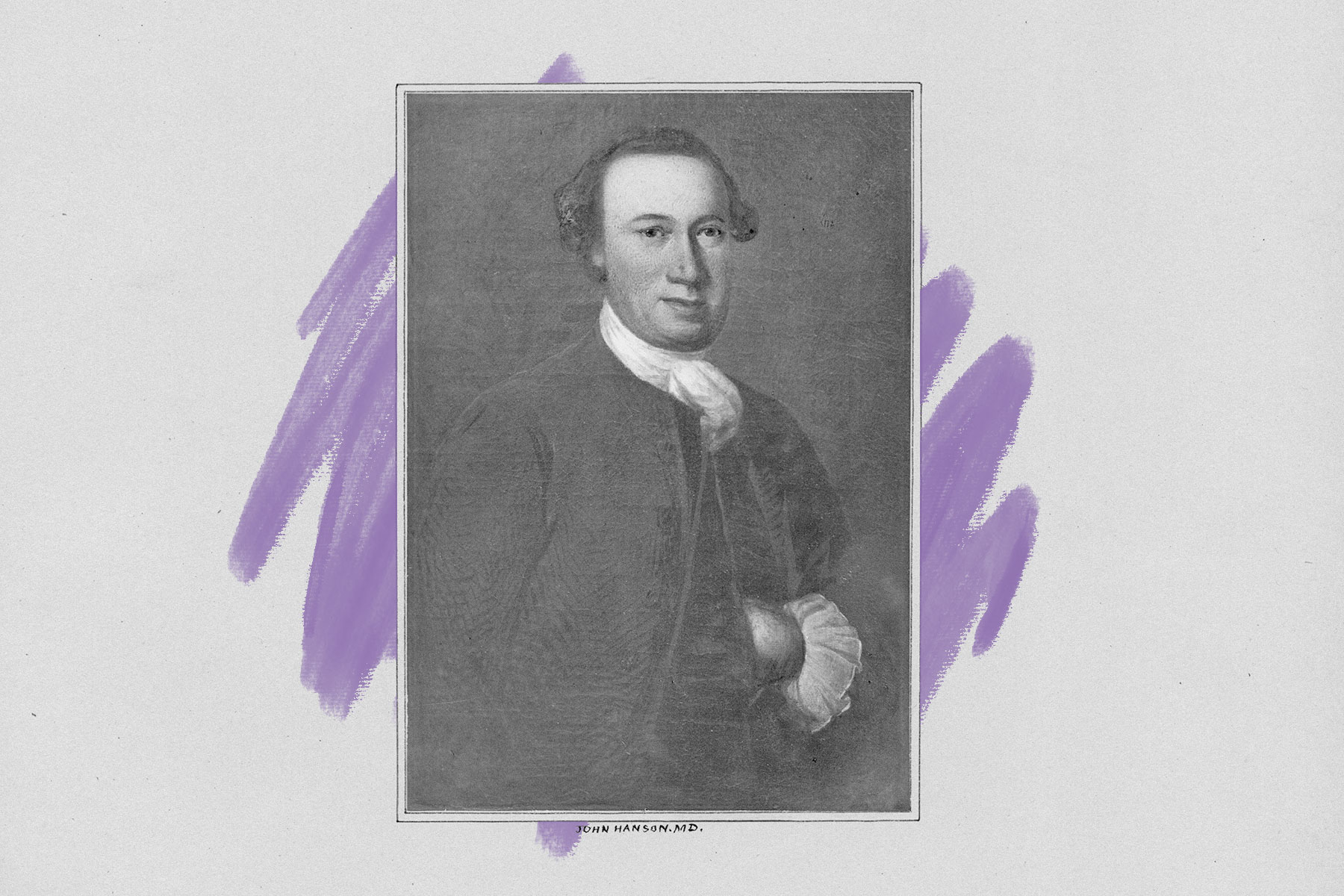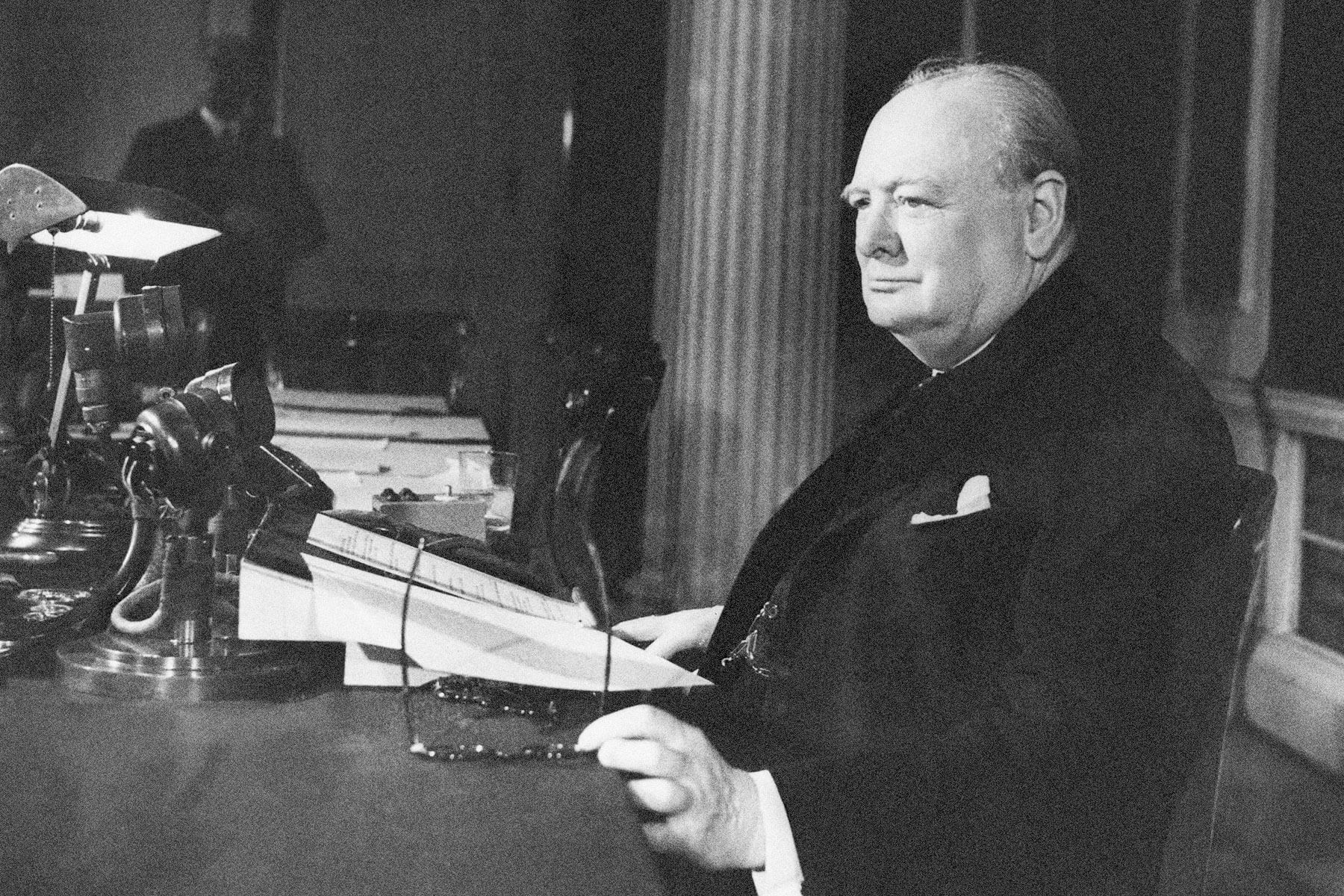 |
The U.S. government had a "president" before George Washington. |
Famous Figures |
 |
| |
| The Confederation Congress was an extension of the Continental Congress that had existed in different forms since 1774, and was renamed after the Articles of Confederation took effect on March 1, 1781. Samuel Huntington of Connecticut was serving as the president of the Continental Congress at the time, and became the first president of the new government. He resigned that July, however, and was succeeded by Thomas McKean of Delaware; McKean himself was replaced when the first new delegates to Congress were chosen on November 5, 1781. They elected John Hanson, the delegate from Maryland, as the new leader, and he was the first to serve the full year-long term in the role. Each of these men held the title of "president," but they didn't possess the powers of the position that would eventually be enumerated under the U.S. Constitution. And though they presided over some of the most consequential years in the nation's history, their contributions were soon eclipsed by Washington's inauguration in 1789. | |
 | |||
| |||
Hands Down One of the Best Credit Cards for Balance Transfers | |||
| Thank you for supporting our sponsors! They help us keep History Facts free. |
 | |||||||||
By the Numbers | |||||||||
| |||||||||
| |||||||||
 | |||||||||
| |||||||||
General Washington lost more military battles than he won. | |||||||||
| Many Americans see George Washington as an almost mythical figure — a military genius who led a ragtag army against the world's most powerful military and won. But the famed general actually lost more battles than he won: Of the 17 battles that Washington fought during the Revolutionary War, the Americans won six, the British won seven, and four were considered a draw. Still, the general's long-term vision eventually proved the famous wartime truism of "losing the battle, but winning the war." His true talent was his ability to accurately survey a battlefield, pressing every advantage while also knowing when to retreat to fight another day. This strategy didn't make him popular — a cabal even tried to remove him from the top spot — but it did prove to be effective, leading the Continental Army to victory over Great Britain. | |||||||||
 | |||
Recommended Reading | |||
 | |||
| | |||
 | |||
| | |||
| + Load more | |||
| |||
| |||||||||
| Copyright © 2024 History Facts. All rights reserved. | |||||||||
| 700 N Colorado Blvd, #513, Denver, CO 80206 | |||||||||





No comments:
Post a Comment